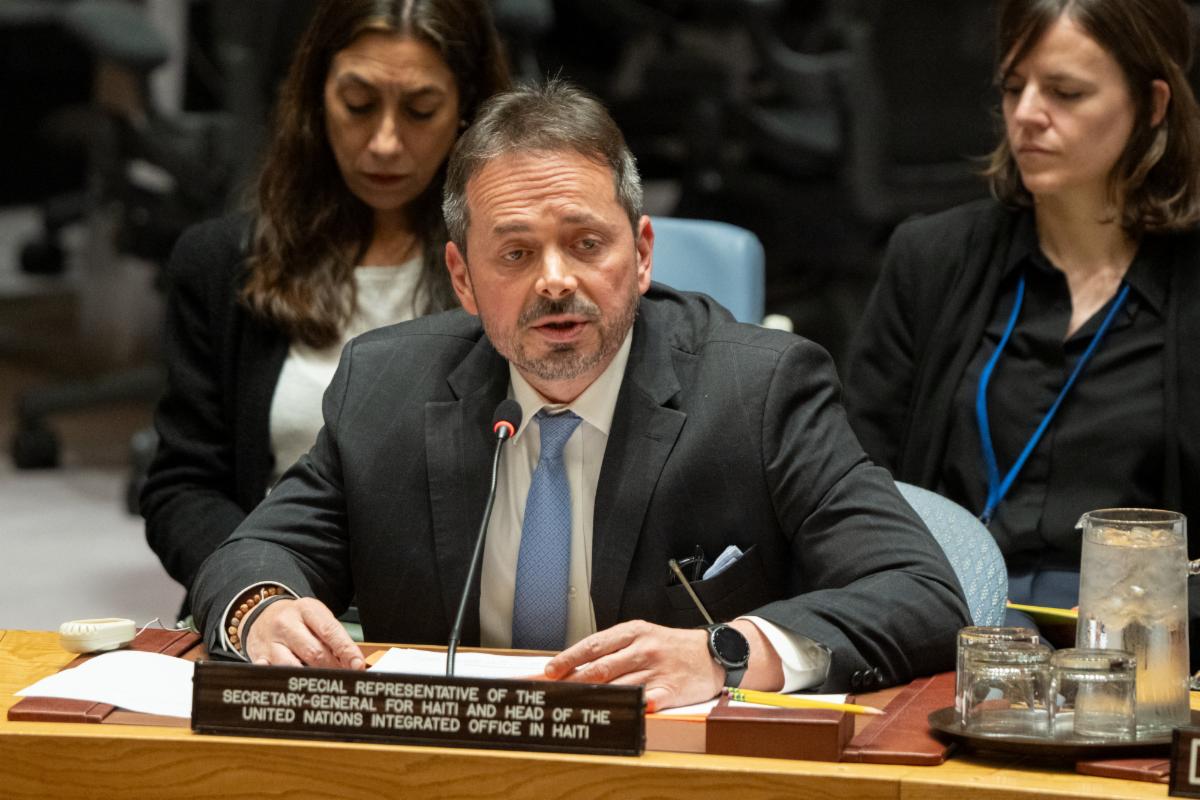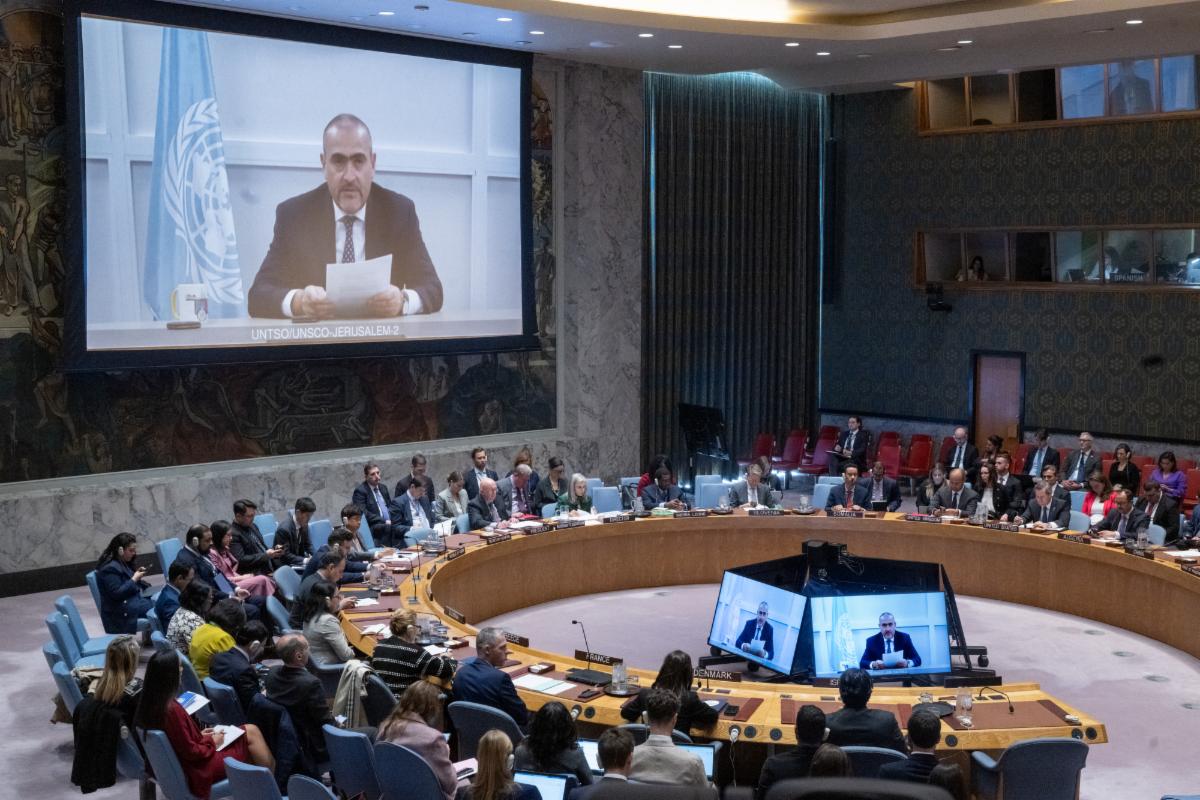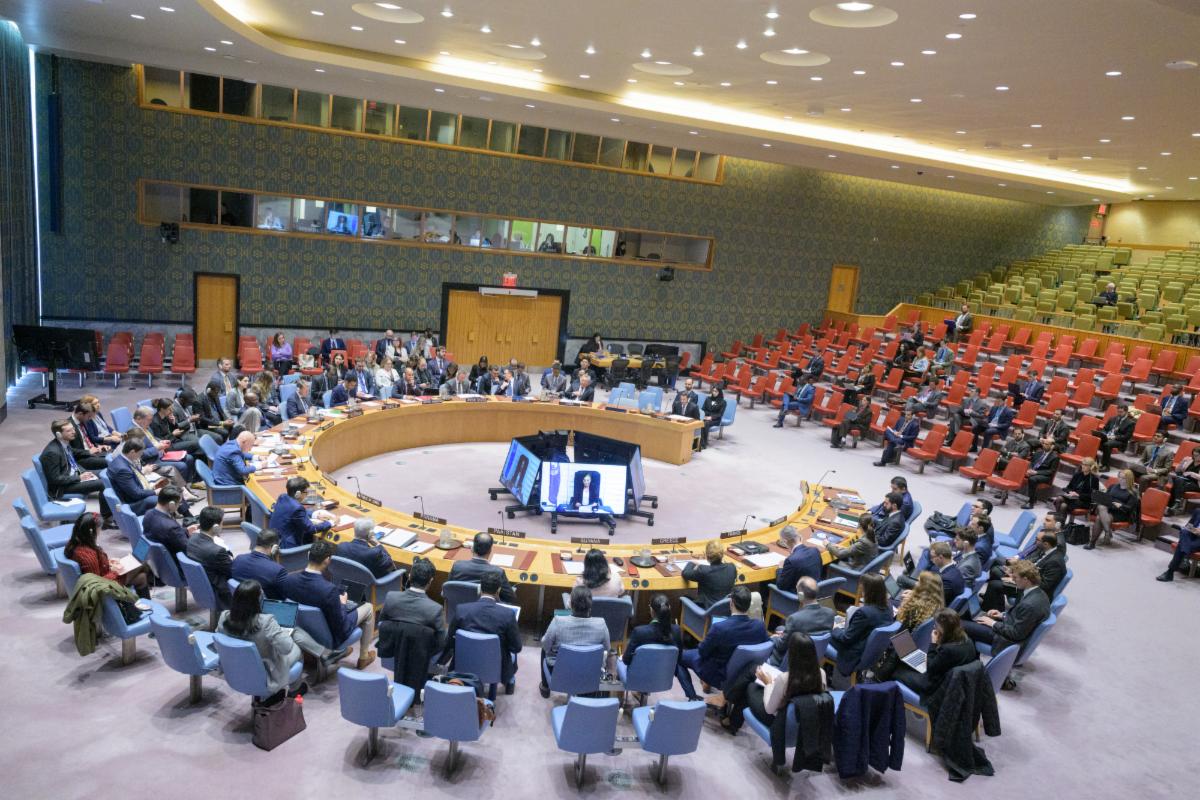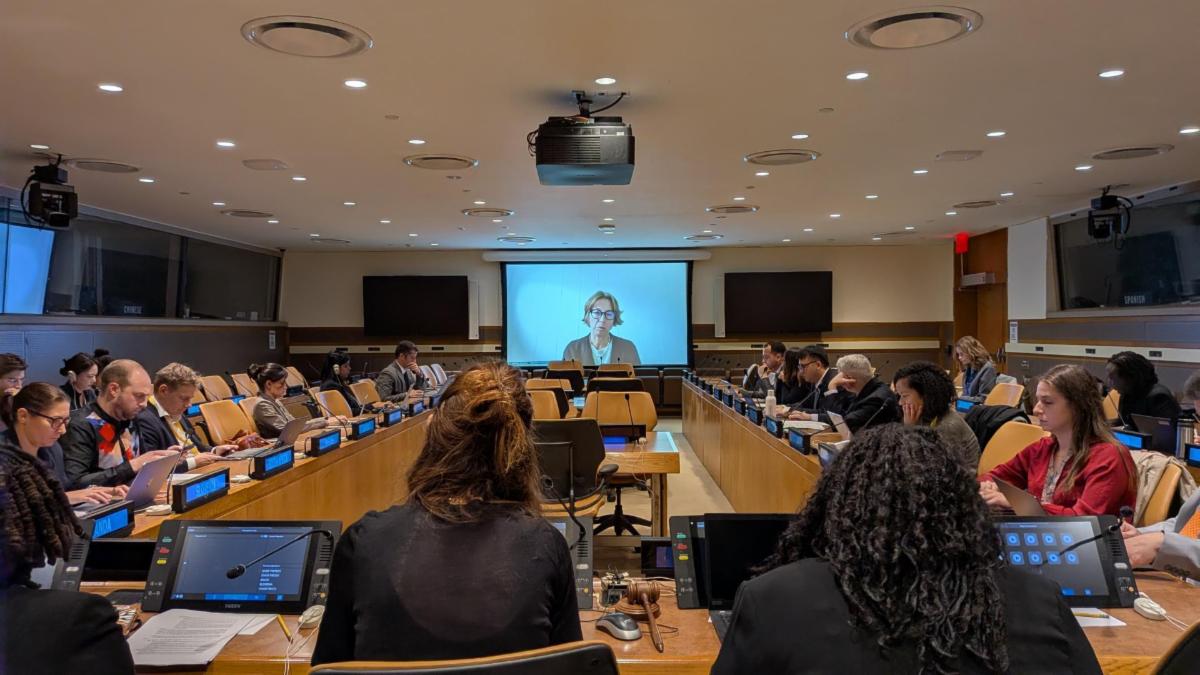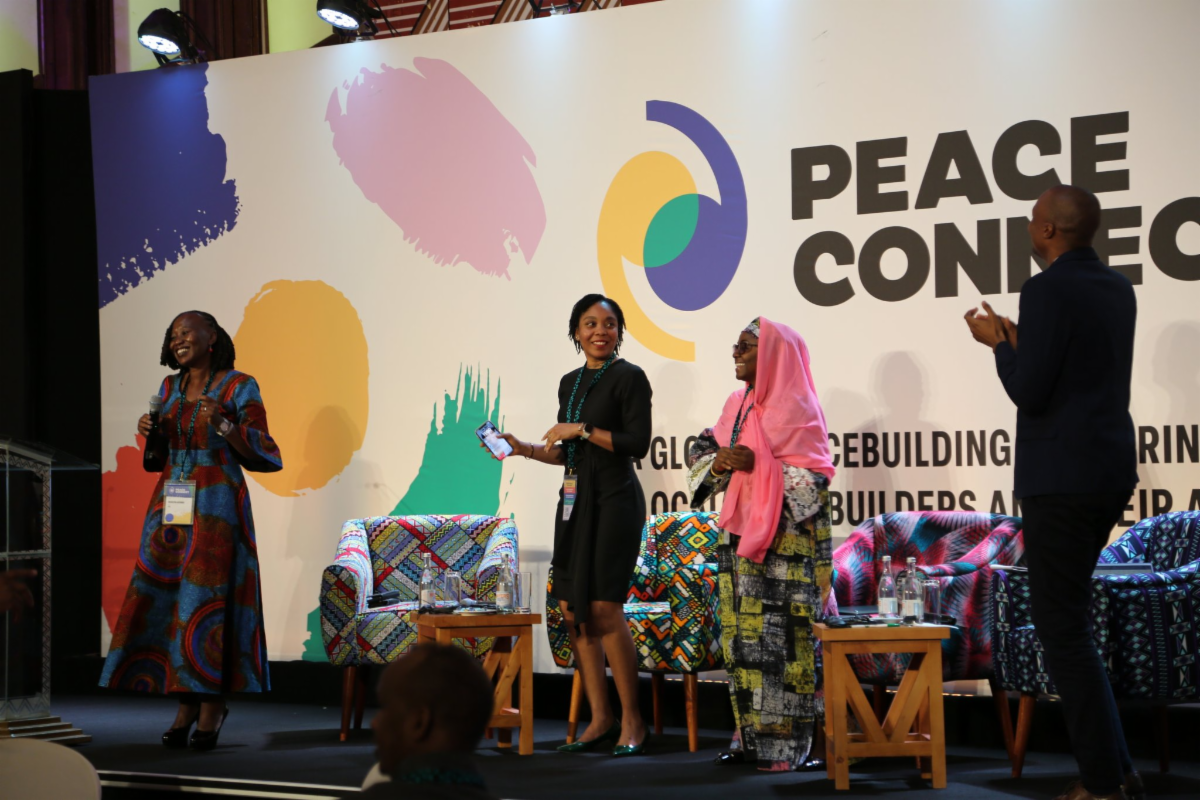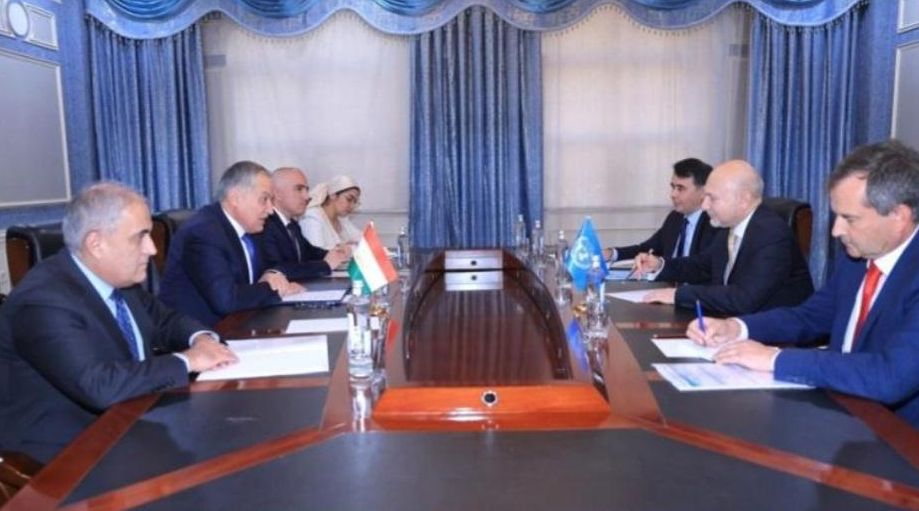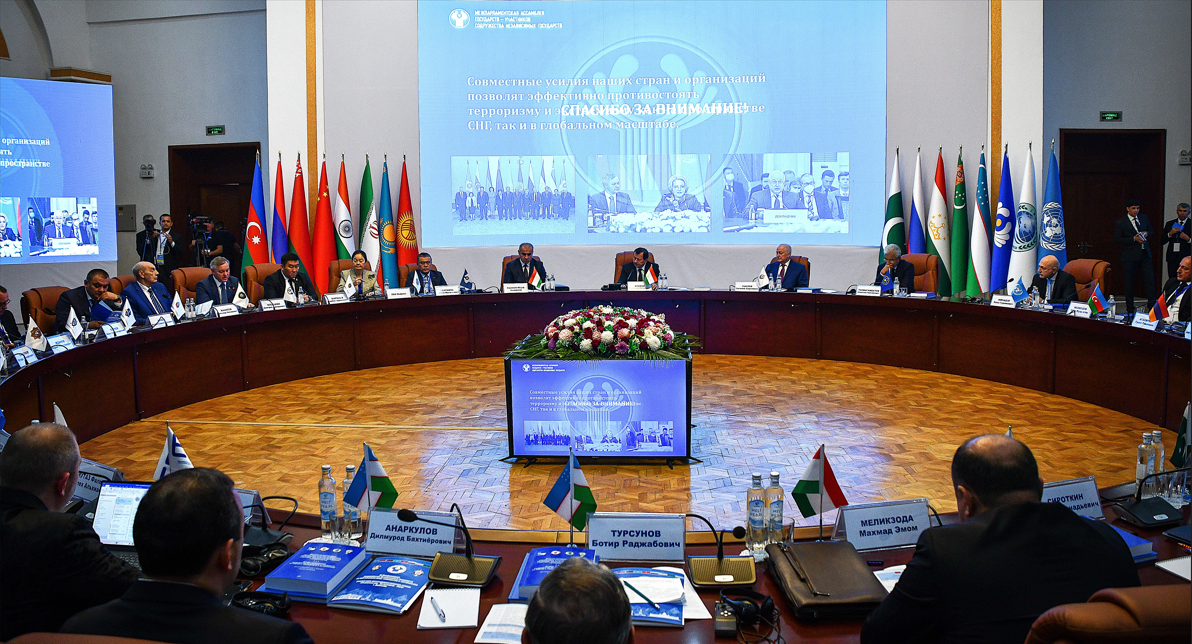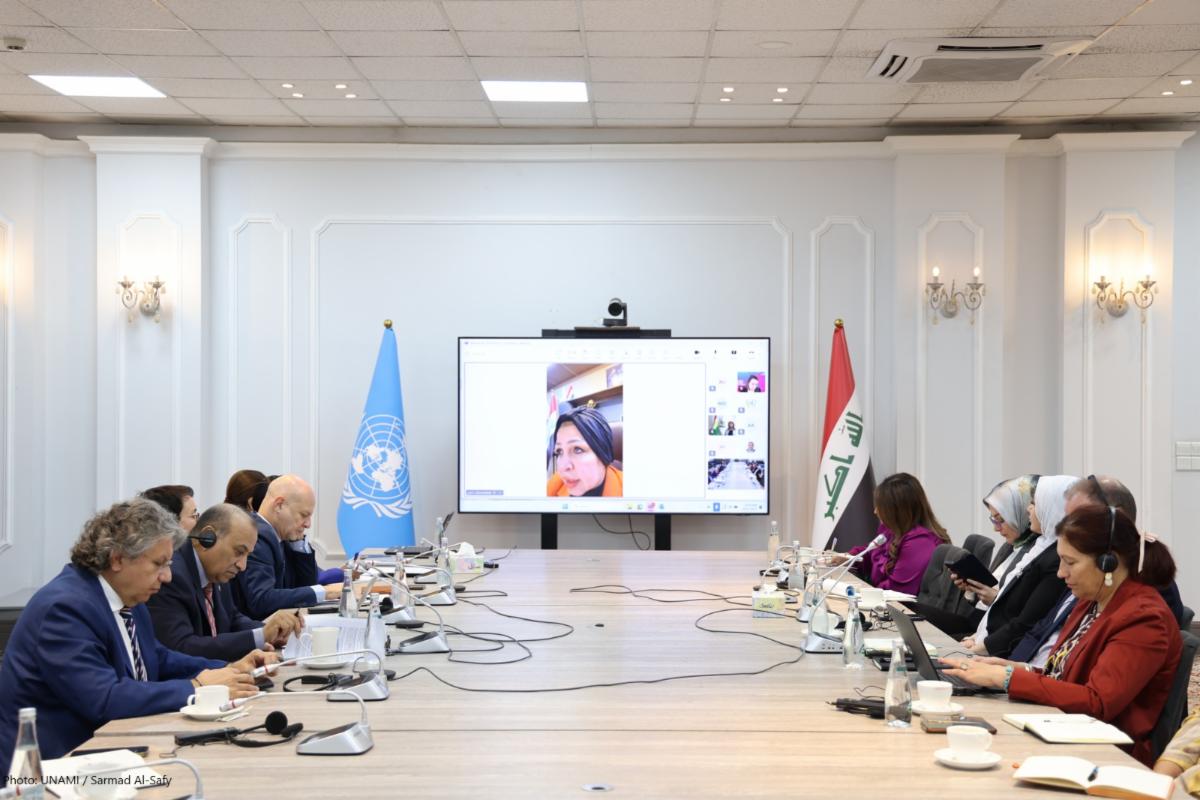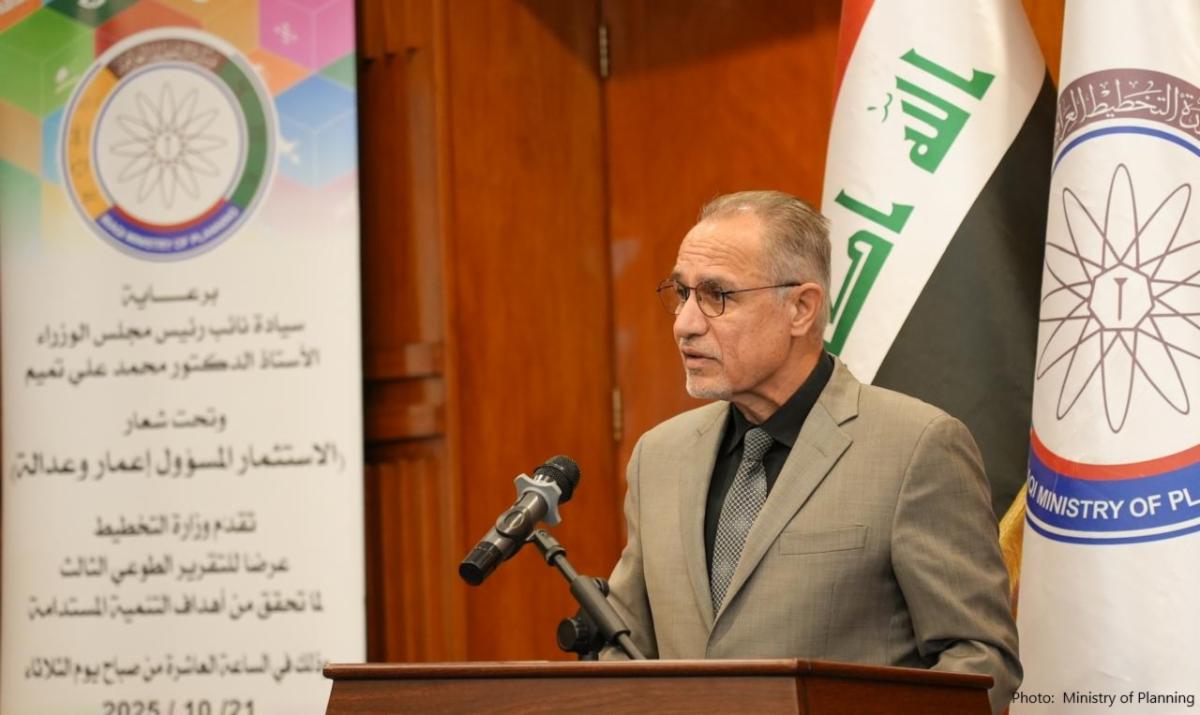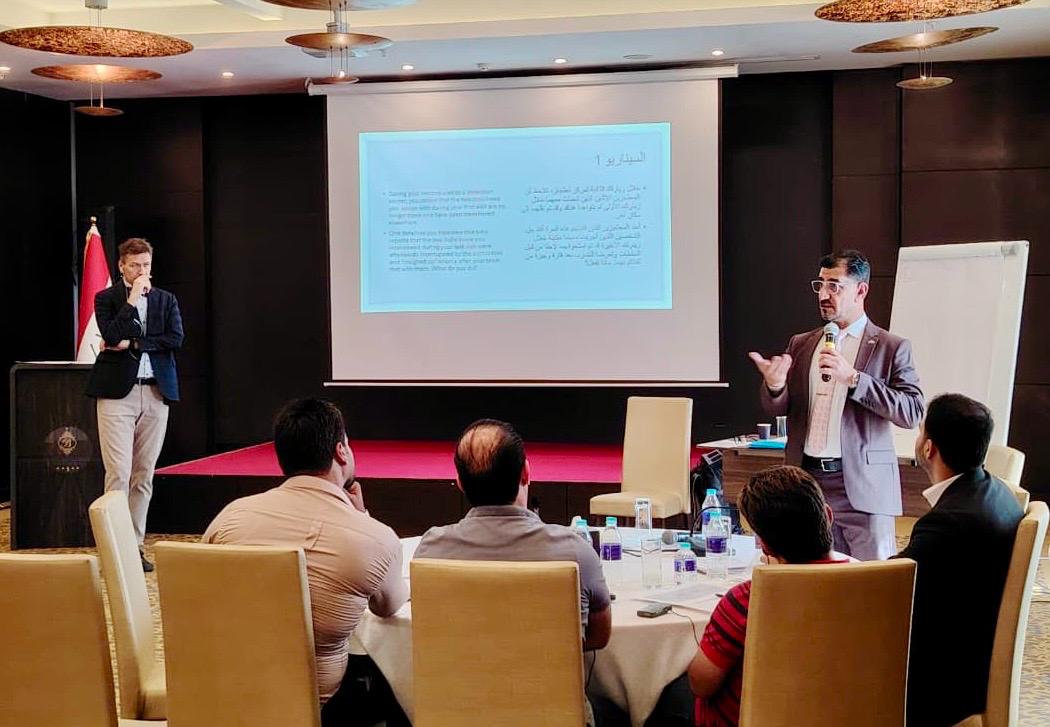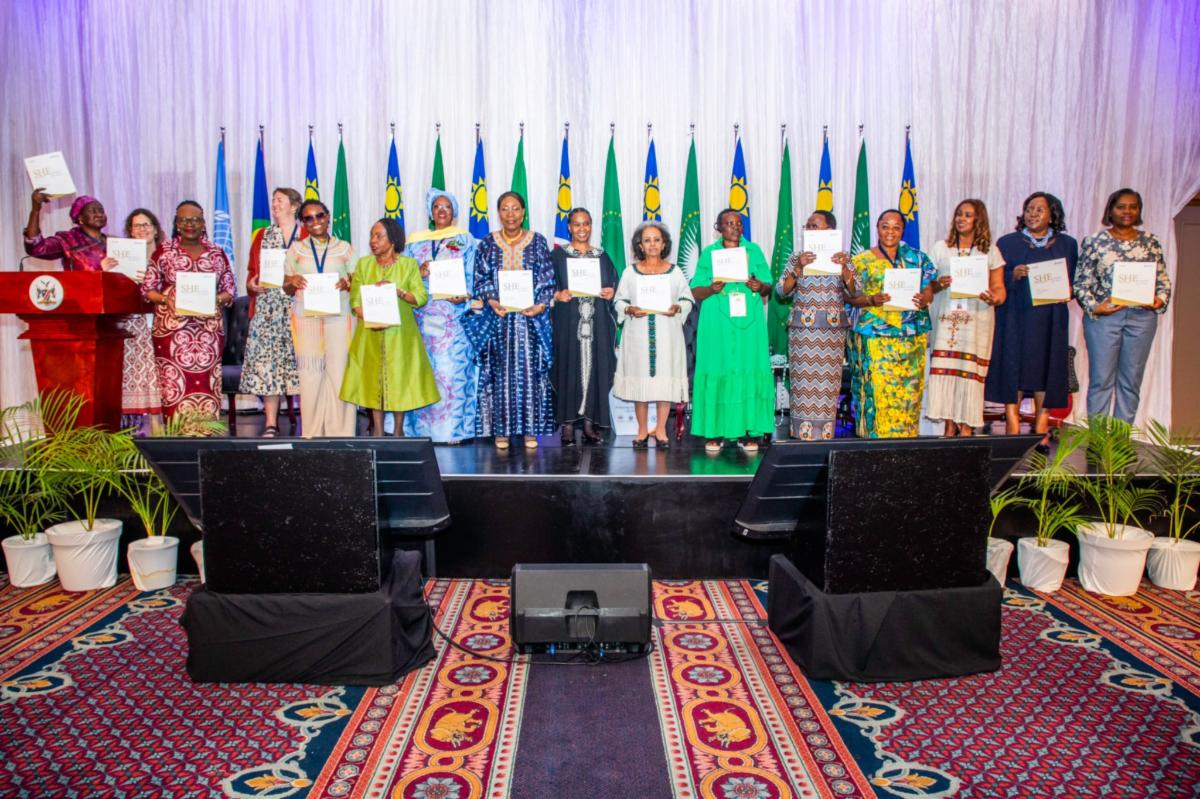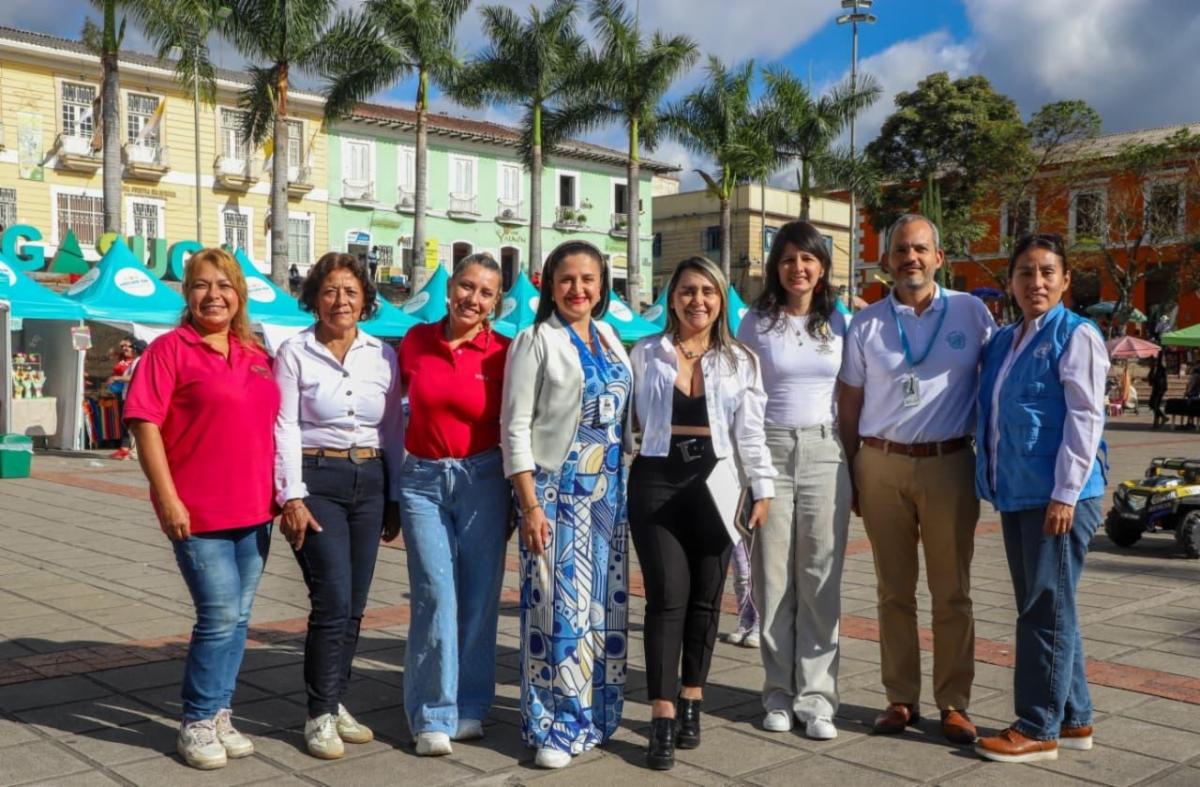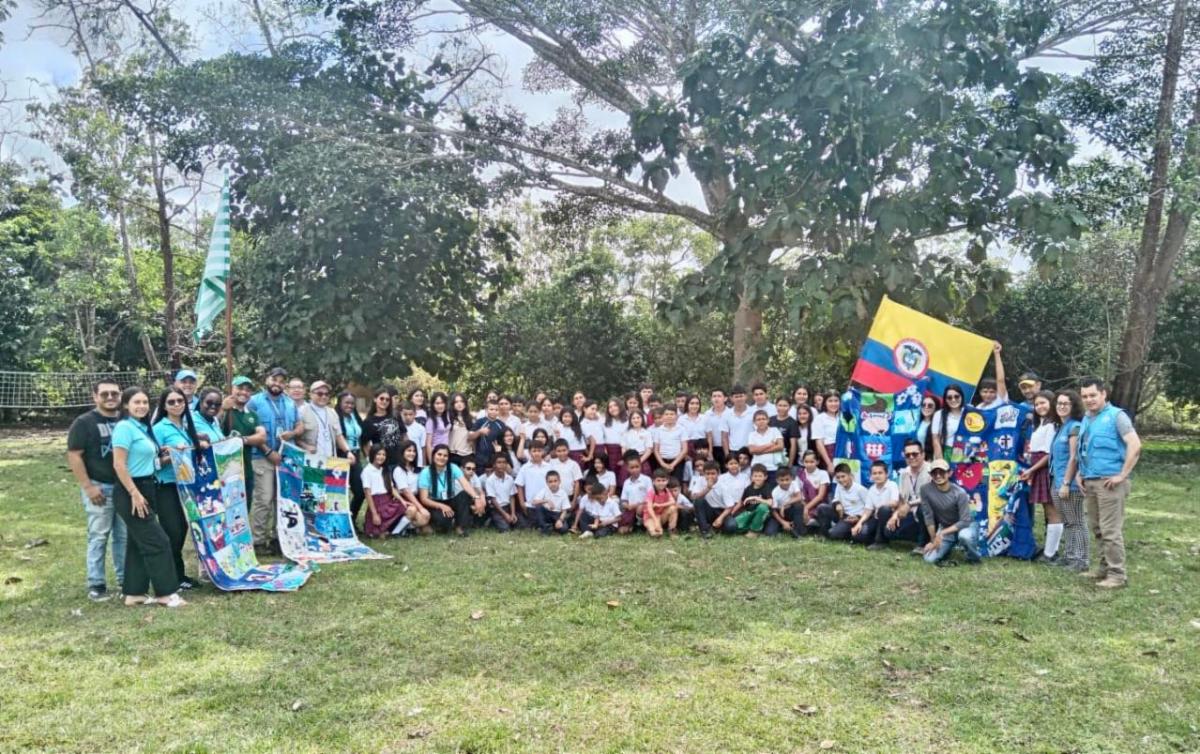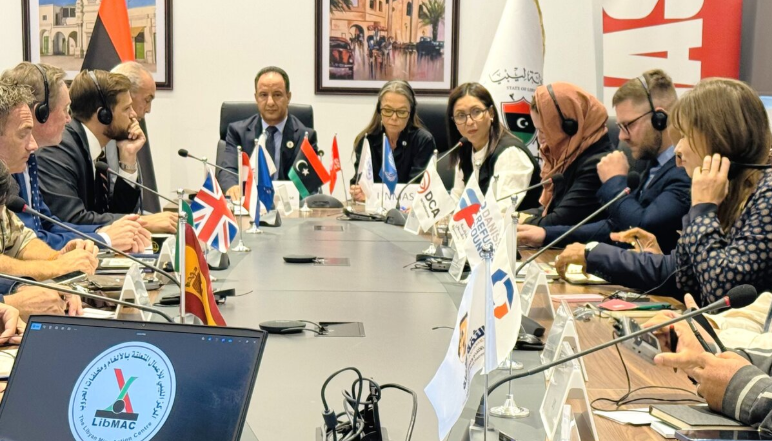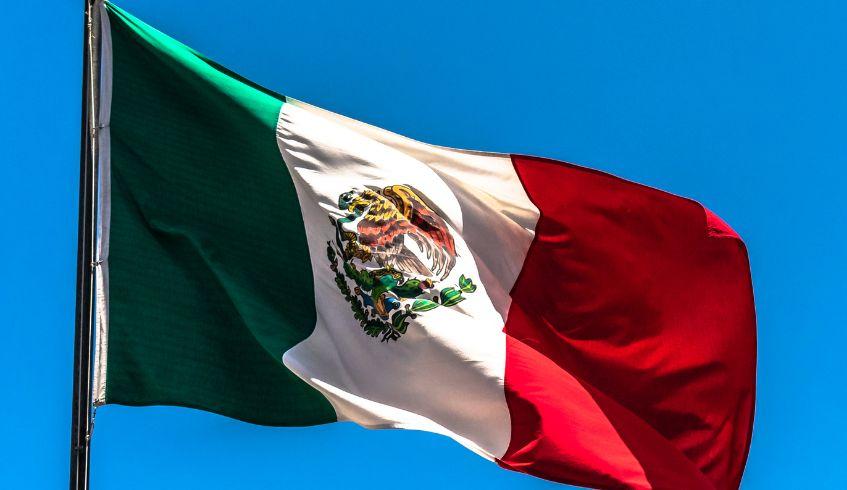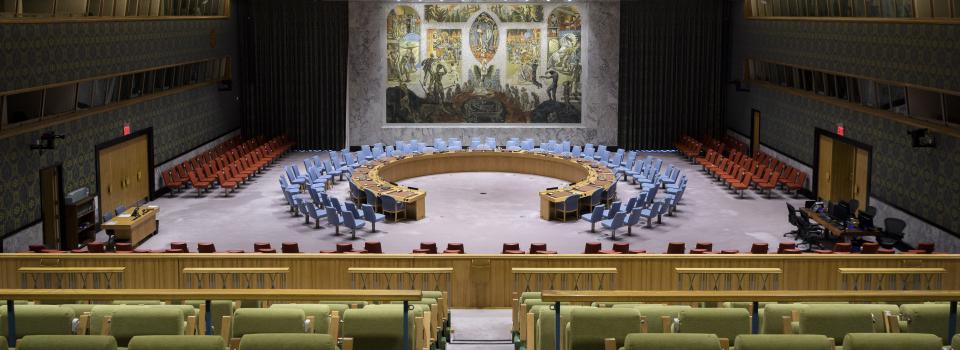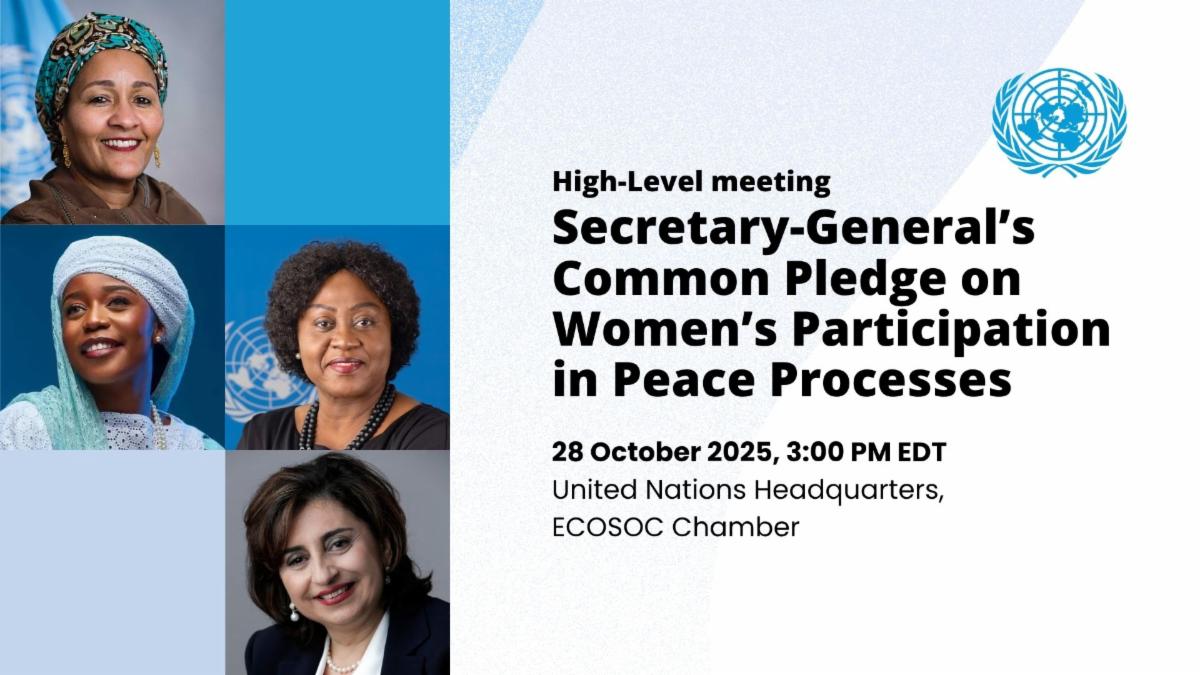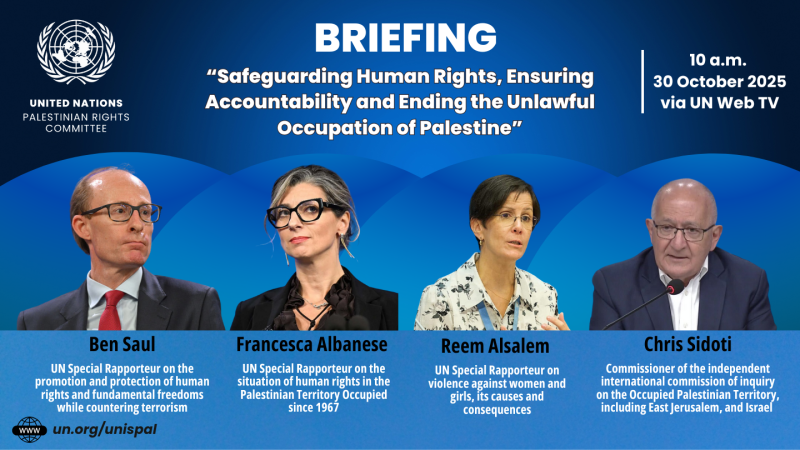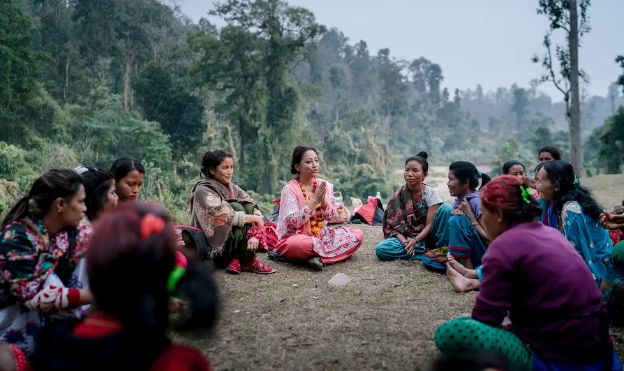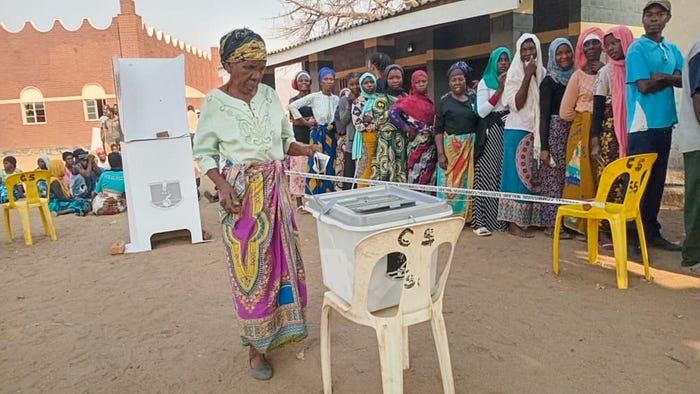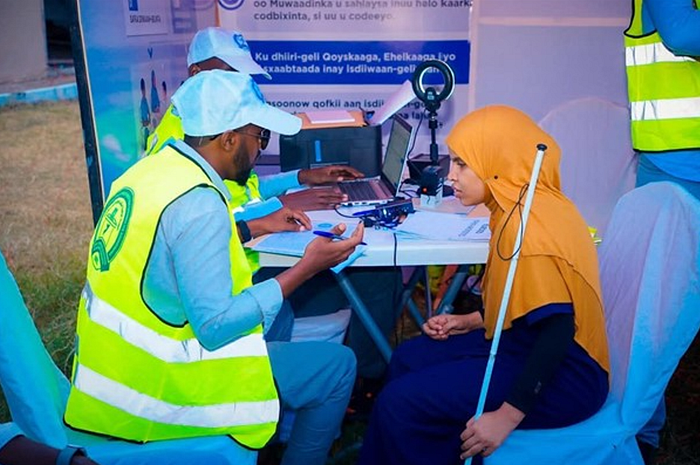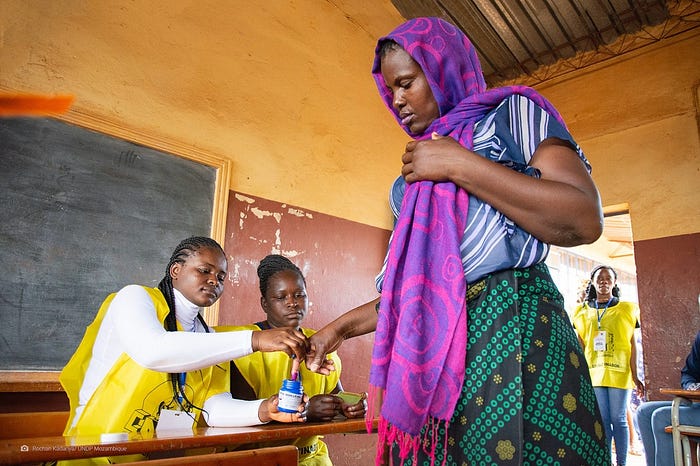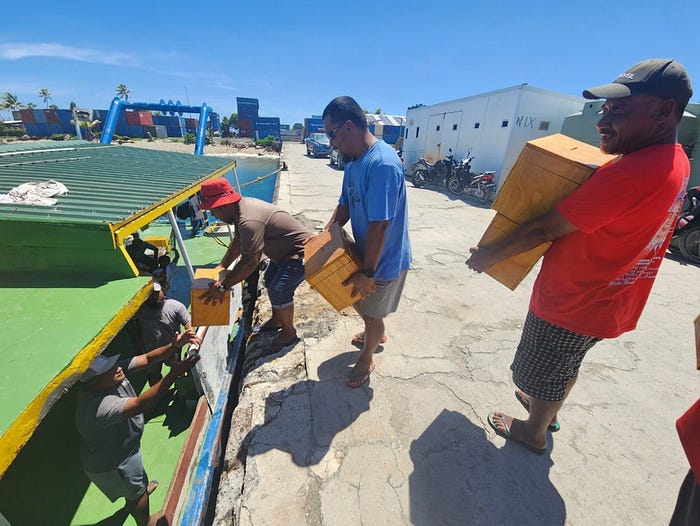Assistant Secretary-General for Africa Martha Ama Akyaa Pobee
Remarks to the Security Council on the Sudan
New York, 30 October 2025
Mr. President
Since my last briefing to this Council, the conflict in Sudan has deteriorated even further. It has caused widespread suffering and new surges of horrific violence.
After more than 500 days under siege, the city of El Fasher in North Darfur has been captured by the Rapid Support Forces. Only small pockets of resistance remain.
The fall of the city marks a significant shift in the security dynamics. The implications for the people of Sudan and the region are significant.
Other parts of the country have not been spared from the relentless violence.
In recent weeks, fighting has intensified in the Kordofan region. This is likely the next arena of military focus for the warring parties.
In North Kordofan, the city of Bara, just 40 kilometers from the state capital of El Obeid and a strategic location for both sides, was captured by the Rapid Support Forces last week. This marked another escalation on the ground.
Drone strikes by both parties are also affecting new territories and new targets. These include Blue Nile, Khartoum, Sennar, South Kordofan and West Darfur, suggesting that the territorial scope of the conflict is broadening.
Following the announcement of its reopening, the airport in Khartoum quickly became the target of a barrage of drone attacks. This showed that control of the city remains contested, and that no part of Sudan is beyond reach.
The implications of these drone strikes are clear – mounting civilian casualties, increased humanitarian and protection needs, and the continued erosion of essential infrastructure and livelihoods.
Mr. President,
Shifting military dynamics continue to shape the course of the conflict. The human cost is profound.
The risk of mass atrocities, ethnically targeted violence and further violations of international humanitarian law, including sexual violence, remains alarmingly high across the country, and particularly in El Fasher.
The situation is simply horrifying. In the past week, the UN Human Rights Office has documented widespread and serious human rights violations in and around El Fasher. These include credible reports of mass killings in various locations and summary executions during house-to-house searches and as civilians have tried to flee the city.
Communications have been cut off. The situation is chaotic. In this context, it is difficult to estimate the number of civilians killed.
Despite commitments to protect civilians, the reality is that no one is safe in El Fasher. There is no safe passage for civilians to leave the city.
There are also reports of large-scale atrocities perpetrated by the Rapid Support Forces in Bara, in North Kordofan, following the recent capture of the city. These included reprisals against so-called “collaborators”, which are often ethnically motivated.
At least 50 civilians have been killed over the past few days in Bara, both during fighting and as a result of summary executions. This allegedly includes the summary execution of five Red Crescent volunteers.
The United Nations will continue to call for all those with influence to act now to prevent further violations and atrocities.
Efforts towards accountability will also continue to be essential to end the cycles of violence. The recent renewal of the UN Fact-Finding Mission’s mandate, and the ICC verdict in the case of Ali Muhammad Ali Abd-Al-Rahman signal the international community’s continued commitment to justice and accountability in Sudan.
Mr. President
This week the Secretary-General once again renewed his call for an immediate cessation of hostilities.
It is high time to take the first step towards lasting peace for the Sudanese people.
The parties must return to the negotiating table, in good faith. They must pursue a sustainable resolution to the conflict.
An immediate end to the fighting and sustained dialogue are needed to reverse Sudan’s spiraling descent into de facto fragmentation.
The Secretary-General has also been unequivocal in his call for external interference in Sudan’s conflict to stop.
External support is enabling the conflict. Weapons and fighters continue to flow into Sudan, further contributing to the already desperate situation.
Mr. President,
Given the deteriorating situation on the ground, Personal Envoy Lamamra has invited both parties to separately enter into technical talks with the United Nations, focused on de-escalation and the protection of civilians.
He has received encouraging indications from both parties of their willingness to commit to this process.
We urge Member States with leverage over the parties to encourage them to take this critical step which could lead to an improvement in the protection of civilians throughout Sudan.
Mr. President,
Coordination among Sudan’s international partners is essential to maximize our collective efforts to end this war. In this regard, Personal Envoy Lamamra has intensified his engagements with regional and international actors.
The Quartet mechanism - comprising the African Union, the Intergovernmental Authority on Development, the League of Arab States and the United Nations - is preparing an inter-Sudanese dialogue, under the auspices of the African Union, which could pave the way for a Sudanese-owned and led political process.
Consultations are ongoing with key Sudanese stakeholders to refine the design, timeline and criteria for participation, and map out the role of the sponsoring organisations.
Personal Envoy Lamamra is also coordinating his efforts with members of the Quad initiative - comprising Egypt, the Kingdom of Saudi Arabia, the United Arab Emirates and the United States.
Mediation efforts by regional and international actors are welcome and essential. To be effective and deliver solid outcomes, they must be underpinned by strong coordination, ensuring complementarity and coherence with other efforts.
In that regard, Personal Envoy Lamamra is currently finalizing consultations with the African Union on the next Consultative Group meeting, to be jointly convened at Ministerial level by the African Union and the United Nations in Addis Ababa.
This meeting will provide an opportunity for all mediation actors to exchange information, take stock of efforts and map out areas of complementarity and comparative advantage as they consider next steps.
Mr. President,
As the conflict reaches yet another critical point, we must intensify our call for an urgent and lasting solution.
Reports and warnings about the unfolding catastrophe in El Fasher have been issued for months. Thus far, the Unted Nations Security Council has not taken decisive action to prevent the situation from deteriorating.
We must all play our part in helping to bring this devastating war to an end. We must stand with the people of Sudan who have suffered far too much for far too long.
I call on the Council to use all the tools at its disposal to demand peace in the Sudan. We count on the Council to lead the way.

